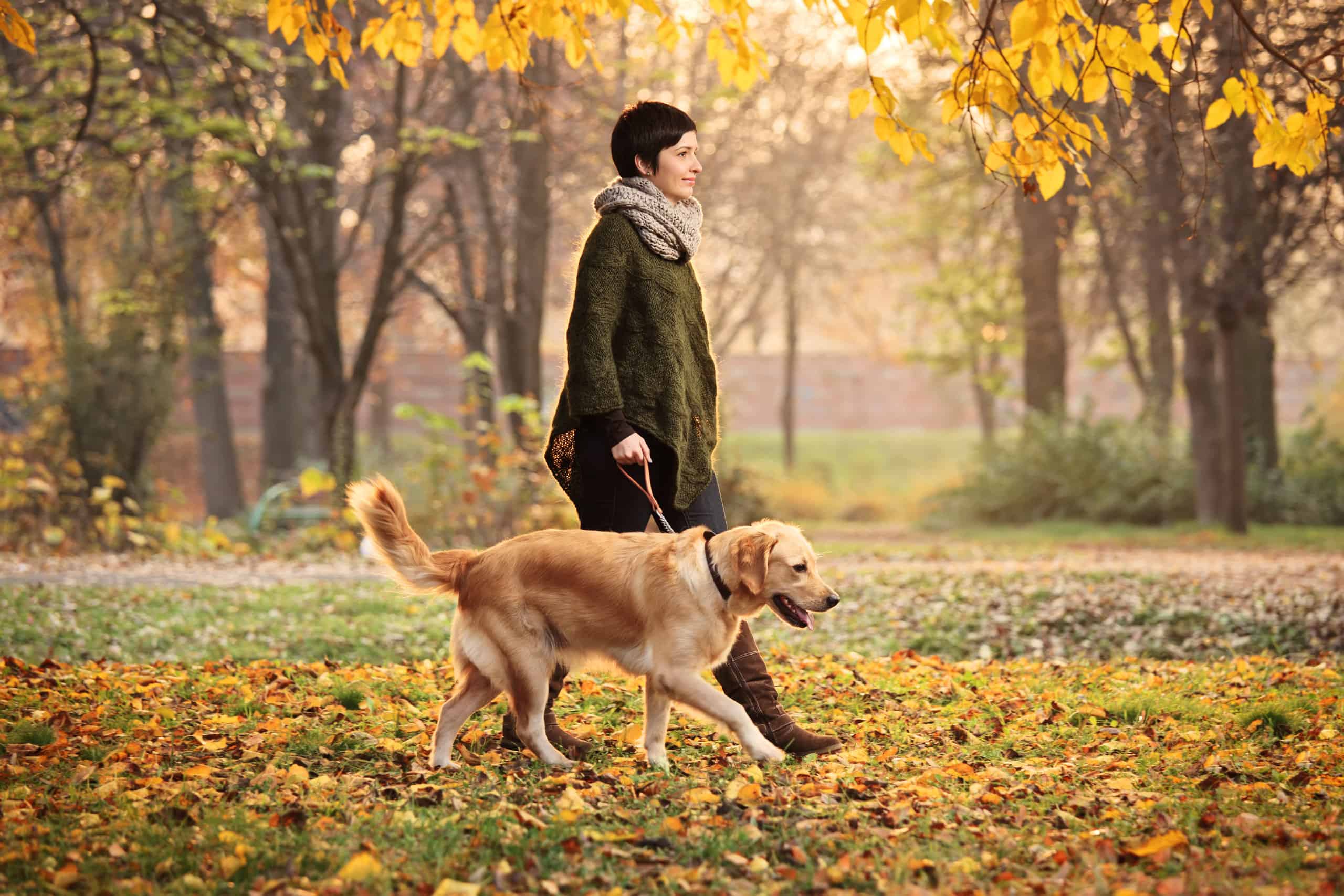If you’re searching for a hunting dog, chances are high that you’ve heard Labrador Retrievers mentioned. Known for their gregarious personality and easy-going companionship, labs are popular dogs. This personality has made them common household pets, but what about labs as hunting dogs? Can you combine utility and best friend in one animal?
Labrador Retrievers have a well-earned reputation as one of the best hunting dogs. Their friendly and obedient nature has lead to their increasing popularity as companion dogs, or service dogs in other areas. If you’re considering adding a lab to your home, be sure to read about all the breed has to offer before you do.
Origin of the Breed
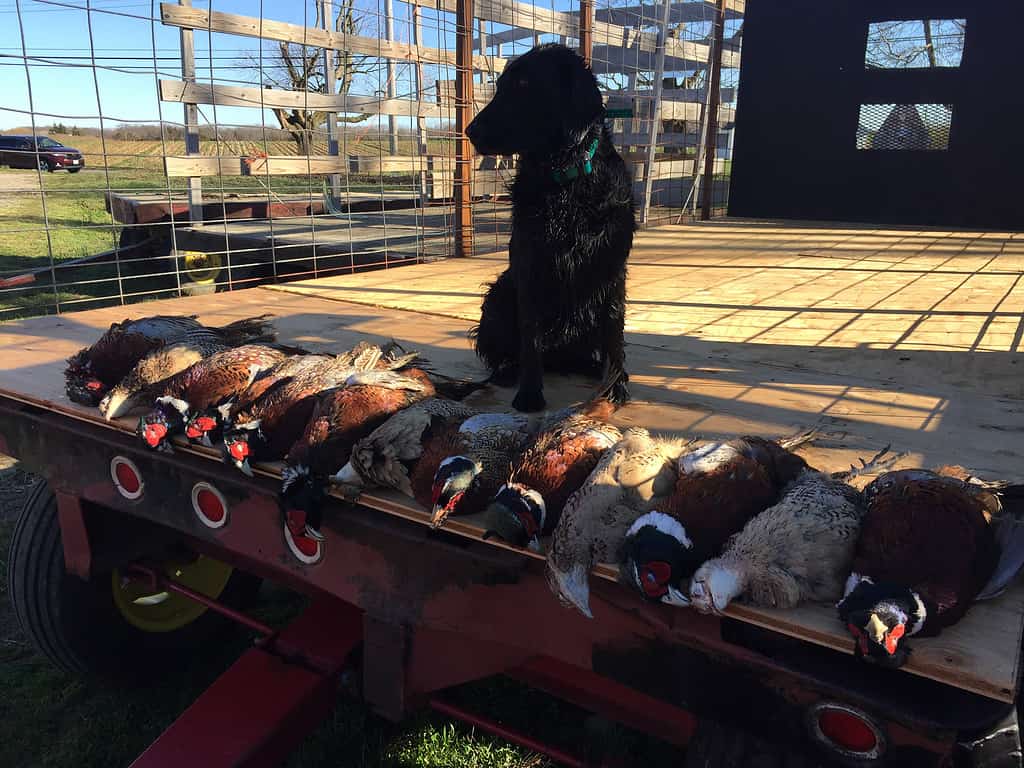
Labrador Retrievers have earned their reputation as a hunter’s best friend.
©Magnus Gallant/iStock via Getty Images
The breed originally hails from the United Kingdom. In 1830, Alexander Ramey-Home, then in service as the 10th Earl of Home, imported fishing dogs from Newfoundland to Europe to use as gun dogs. The dogs and their offspring became popular as fishing and water-fowling dogs. By 1880 other court members were collaborating to establish a standard breed. The fishing and water-fowling dogs cross-bred with game-hunting dogs. The resulting puppies are considered to be the origin of the Labrador Retriever breed.
Black or Yellow Labs: Personality Controversy Debunked
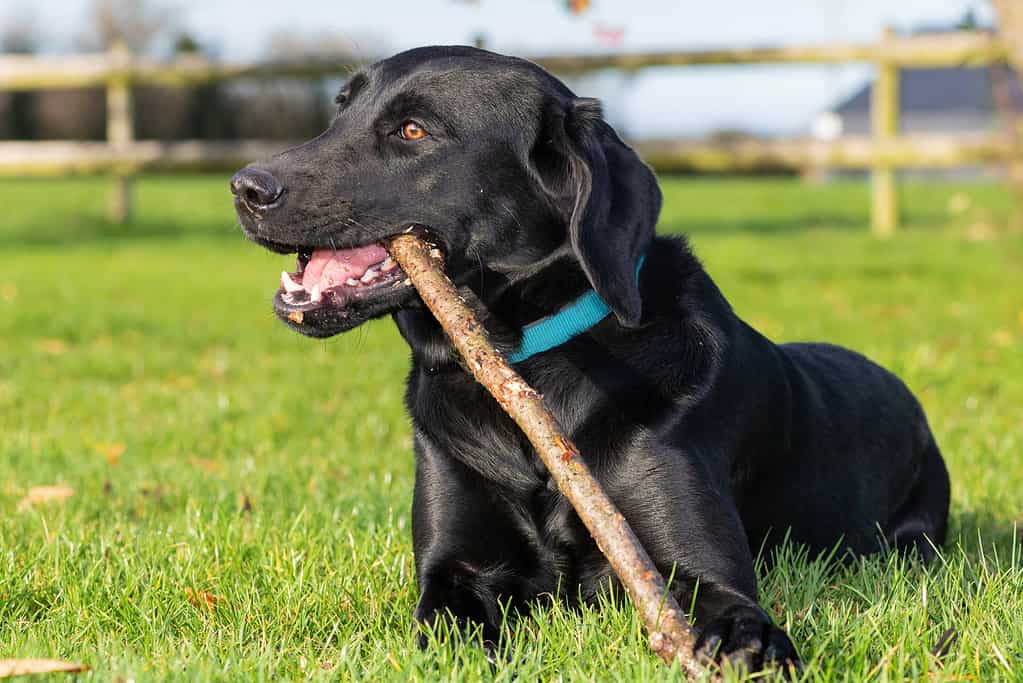
Despite long-standing rumors to the contrary, black labs are just as trainable as their yellow counterpart
©iStock.com/Tom Meaker
One common myth about Labrador Retrievers is that black or chocolate labs are more hyperactive and difficult to train than yellow labs. In retrievers, the gene that causes a black coat is dominant. This means that for a lab to be born yellow, it must have either two parents with yellow coats, or two parents with a recessive yellow-coat gene. Through owner surveys and genotyping, Canine Genetics and Medicine found that there is no difference in intelligence, trainability, or temperament between black, chocolate, or yellow labs.
Recently, silver, red, and white have become ‘designer’ lab coat colors. It’s important to remember that the AKC only recognizes black, chocolate, and yellow shades as breed-standard coat colors. If registering your pet is important to you, be sure to research breeders well.
Selecting Your Breeder
Careful selection of your breeder is important. As labs have grown in popularity as companion dogs, some breeders are selecting parents with companion traits over hunting traits. While any lab will carry breed-specific behaviors, breeders typically choose parents that show strong desired traits. These traits tend to be stronger in the puppies.
A dog that’s from a strong, active hunting and utility line may have more energy and require more of their owner’s time than a lab that is bred from a companion dog line. Likewise, a puppy that’s bred from a companion line may be slower to train to hunt. For the best fit, choose a breeder that specializes in your desired lifestyle with your new pet.
Pros of Labs as Hunting Dogs
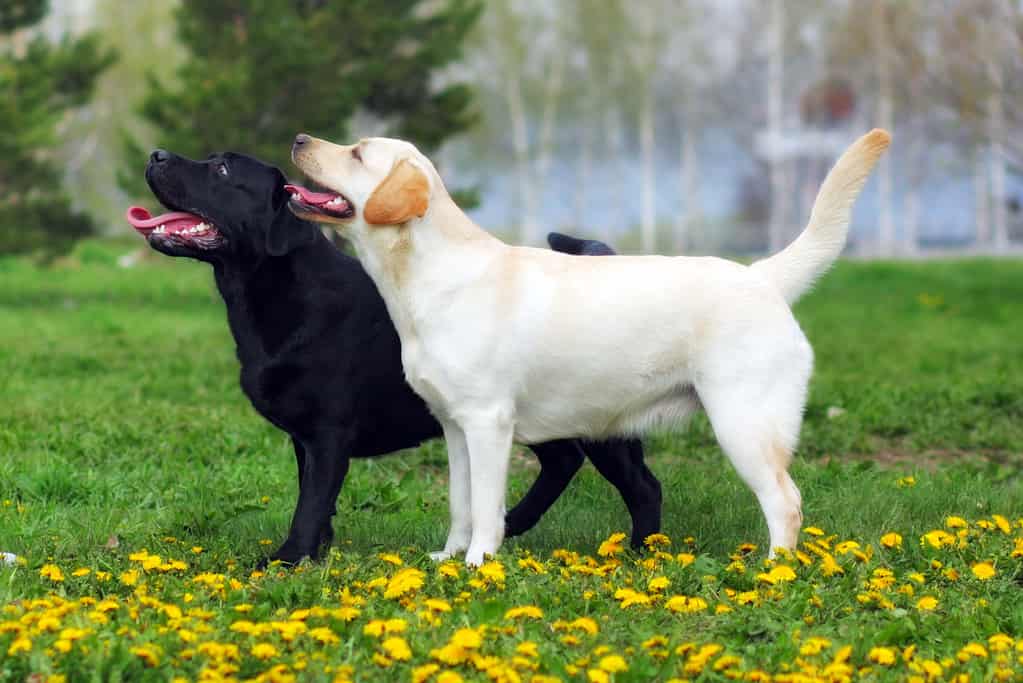
A fast-learning, friendly, and obedient dog, the Labrador Retriever is happy to assist in hunting, fishing, and other activities.
©Anna Goroshnikova/Shutterstock.com
Labs have many instinctive behaviors that their owners can train and develop. The strongest among them is a retrieval instinct. Known as a purpose-bred trait, it’s difficult to train out of the dog yet easy to cultivate. Labs are also known for displaying a “soft mouth.” When retrieving, they seem to take special care not to damage the game. Finally, labs have a strong, innate drive to do tasks. However, that’s not the only benefit to owners should they select a lab for their hunting dog.
Pros:
- Labs are highly intelligent. This trait has earned the breed working positions outside of hunting. Labs commonly find employment as therapy dogs, service dogs, security, and in law enforcement fields.
- Labs are a high-energy breed. They’re not only capable of working but will work for several hours without tiring.
- Despite their somewhat muscular build, labs are agile. Well-conditioned Labrador Retrievers can reach top speeds of 30 miles per hour while maintaining flexibility to jump and bend with ease. This makes a lab an excellent choice for a hunting dog.
- Labs are obedient. They develop strong bonds with their owners and willingly follow commands.
- Labs are made for water. Their thick tails help them steer while swimming, their webbed feet assist them in swimming and their thick coats keep them comfortable, even when wet.
- Labs have a life expectancy of up to 12 years. Once you’ve trained your dog, you’ll have a great deal of time to enjoy your dog as a companion.
Are There Cons to Labs as Hunting Dogs?
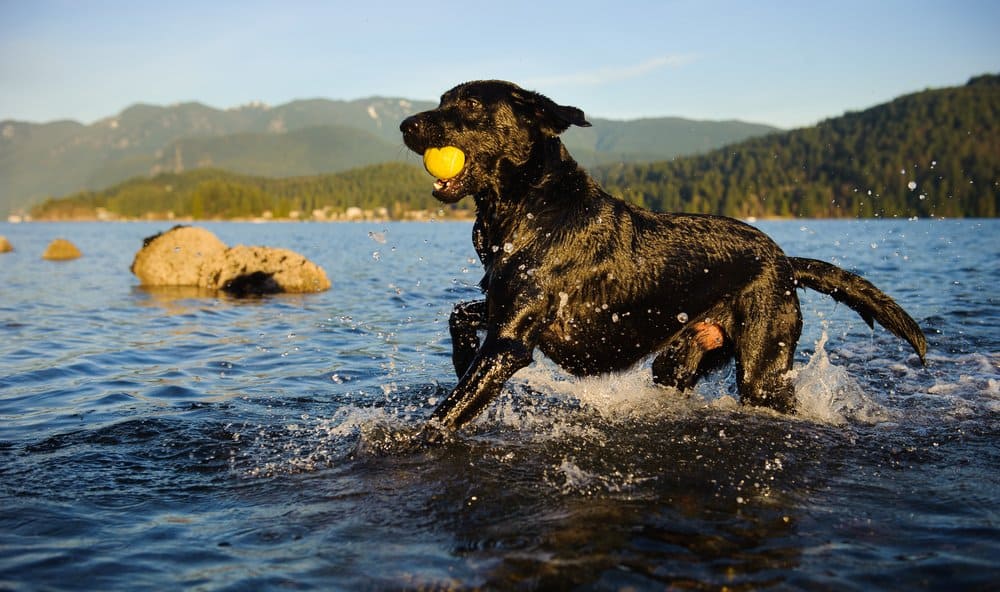
The high energy and intelligence of Labrador Retrievers sometimes translate into more work for their owners.
©everydoghasastory/Shutterstock.com
Unfortunately, the amazing intelligence and energy labs bring to the table come with requirements for their owners. Labradors that aren’t given the proper time, training, and exercise may develop undesirable traits.
Cons:
- Labs are prone to boredom. Without adequate stimulus, your lab may become destructive. Chewing furniture, emptying trash cans, digging in the yard and anxious pacing are all common.
- Labs become very attached to their families. It’s not uncommon for your lab to develop separation anxiety. If your dog follows you from room to room, or howls when it thinks it’s alone in the home, chances are that your lab is anxious without you.
- Labs shed, and they shed a lot. Even more, labs shed year-round. Your dog will require frequent grooming to maintain coat health.
- Labs mature slower than other breeds. When your dog reaches its adult size at around a year old, it won’t mentally mature until around its fourth birthday. Owners will need a lot of patience as their lab navigates being a puppy in an adult body.
Special Considerations for the Labrador Retriever Breed
Labrador Retrievers also come with specific physical traits that may impact the level of care they require. Their skin naturally produces more oil than some other breeds. This, in combination with their double coat, makes them waterproof and is a benefit to a lab as a hunting dog. However, indoors, not only can this sometimes show as marks on the walls, but some owners complain their labs have an odor.
Breed-specific health concerns are elbow dysplasia, where the elbow does not grow properly and results in lameness if not surgically corrected, obesity, hypertension, hypothyroidism, heart disease, and frequent ear infections. Older labs can develop arthritis and retinal atrophy, which limit mobility and eyesight. Keeping a lab as a hunting dog may require more veterinary visits than other breeds.
Does Your Lab Need Professional Training?
Obedience training is recommended for new lab owners. With this breed, the younger that training can be undertaken, the better the result will be. Not because older dogs are harder to train, however, but because an older dog who has developed negative habits out of boredom might take longer to train. Despite this, labs are generally easy to please. Even older dogs, or dogs in rescue, quickly take to their training. Considering obesity is one of this breed’s health concerns, many owners note that their dogs are highly food and reward-motivated. Labs will respond quickly to training when given a treat and praise upon successful adherence to a command.
Ready to discover the top 10 cutest dog breeds in the entire world?
How about the fastest dogs, the largest dogs and those that are -- quite frankly -- just the kindest dogs on the planet? Each day, AZ Animals sends out lists just like this to our thousands of email subscribers. And the best part? It's FREE. Join today by entering your email below.
Thank you for reading! Have some feedback for us? Contact the AZ Animals editorial team.

